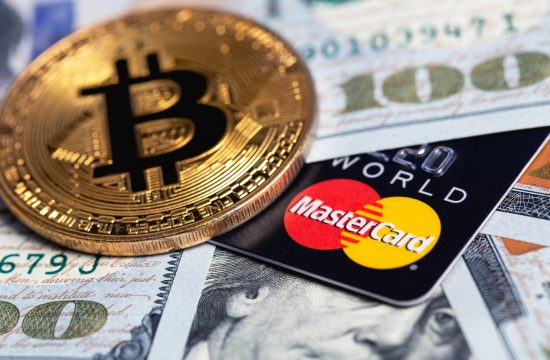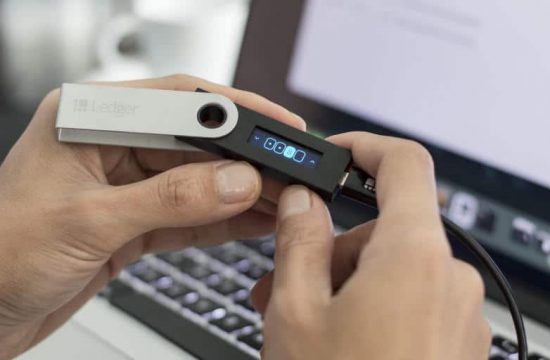“My instinct is that someone wants the deposition to be done in-person for some reason”, said attorney Jeremy Hogan.

The expert discovery deadline in the Ripple v. SEC lawsuit is reportedly being pushed back a month due to the rapid spread of the Omicron variant, a source close to the case told Fox Business.
The letter regarding the extension of the deadline is expected to be filed in court today and it will likely be a joint motion with both parties, Ripple and the SEC, aligned.
“If they file a joint request, the Judge will sign off on it”, attorney Jeremy Hogan and XRP community member commented on Twitter.
While we await the court filing, XRP investors and the wider crypto and law communities following the case are asking themselves why would Ripple agree to an extension.
“I can only think of two reasons: Either a key person that’s needed for the deposition has covid so it would be necessary/ethical to agree to extend, the second reason would be that a settlement or regulation is coming”, said @yrarwrbach on Twitter, to which attorney Hogan replied: “Either is possible. My instinct is that someone wants the deposition to be done in-person for some reason.”
As to whether Judge Sarah Netburn will rule on the supplemental letter of authority filed by the SEC in regard to its motion to strike Ripple’s fair notice defense, that might not happen for the time being. Even if it does, it is unlikely that the Judge will rule on the motion to strike before the expert discovery.
“It can be ruled on, it’s just that the judge so far hasn’t seemed to want to rule on dispositive motions until discovery is completed. The motion has technically been pending since last summer so that’s what I base that assumption on”, Hogan explained.
FinanceFeeds webinar: Expert panel to discuss market data for multi-asset brokerages
Fight over Fair Notice heats up
The SEC has recently brought to the table a seemingly analogous case in which the court ruled in favor of the SEC in regard to a fair notice argument made by the defendant, Fife.
“Indeed, the court rejected the defendants’ fair notice defense at the motion to dismiss stage despite acknowledging that lack of “binding authority” constructing the term “dealer”. In Ripple’s case, binding authority constructing the term “investment contract” has existed since 1946.”
Ripple countered that the Fife analogy doesn’t fit the Ripple case and its fourth affirmative defense.
“Fife does not support the SEC’s motion to strike Ripple’s affirmative defense that it lacked adequate notice that XRP was an investment contract. The court in Fife determined only that it would not, at the pleading stage, dismiss the SEC’s adequately pleaded complaint on the basis of the defendants’ due process challenge.
“The question before this Court arises in a completely different procedural posture: whether Ripple’s Answer plausibly sets forth a cognizable legal theory for its affirmative defense, such that it should be permitted to develop evidence and present the defense on a more complete record.
“That is clearly the case here: Ripple’s fair notice defense is firmly rooted in binding Second Circuit precedent. Unlike in Fife, Ripple is not relying on its fair notice defense to preclude the SEC from taking discovery and proceeding to merits adjudication. Indeed, factual discovery is now complete. Ripple is simply asking that it not be precluded from presenting its legally cognizable defense on a full record.
If the judge accepts the analogy, it would strengthen the SEC’s chances of winning its motion to strike the fair notice defense, which is Ripple’s best shot at coming out on top.












